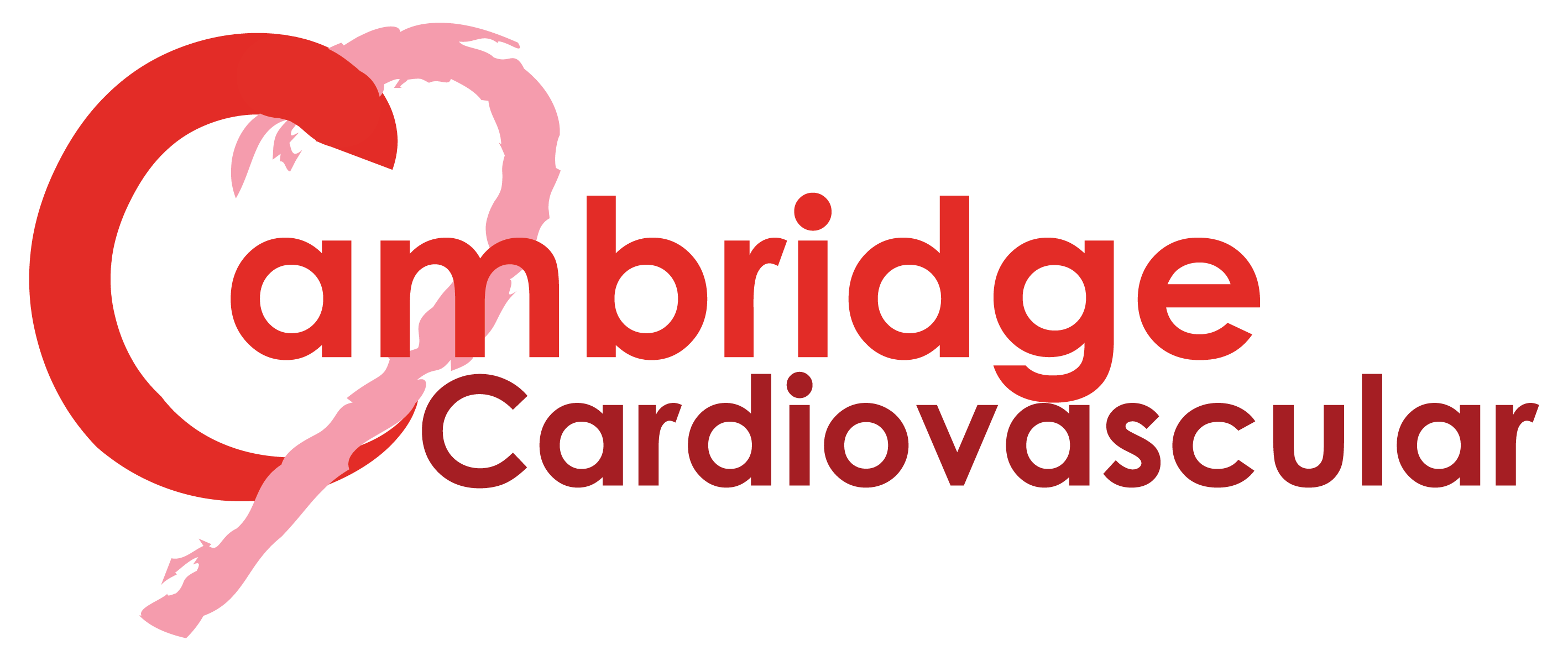Submitted by Dr T. Dougan on Wed, 25/11/2020 - 17:30
Scientists in Cambridge are to investigate how the treatment of heart attacks could be improved.
In the UK, most heart attacks are treated with an angioplasty – a procedure to quickly unblocked the coronary artery.
This has helped to improve the survival of patients who experience a heart attack. However, the sudden restoration of blood flow to the heart - called reperfusion - can damage it.
When fresh blood re-enters the heart tissue it produces a burst of damaging molecules called free radicals. These can permanently damage the heart, leading to a weakening of the heart muscle and, ultimately, to heart failure.
Now, Dr Thomas Krieg and his team at the University of Cambridge have been awarded £349,477 by the BHF to see if the release of these damaging molecules can be blocked using a drug they have developed.
Previous research by Dr Krieg discovered how the free radicals are produced, enabling them to design new and simple drugs to stop their production and release. If this was to prove successful, it could reduce the risk of heart attack survivors developing heart failure.




